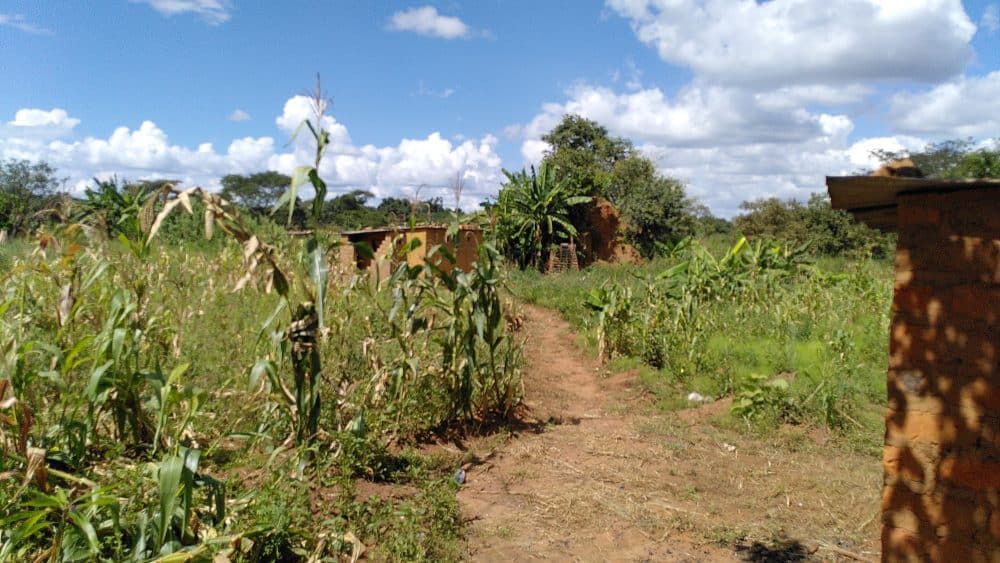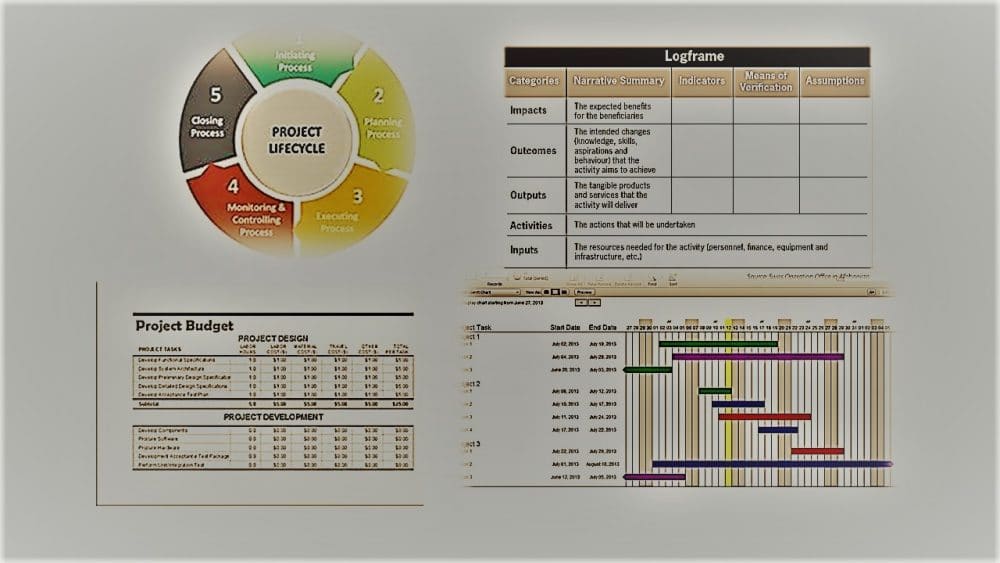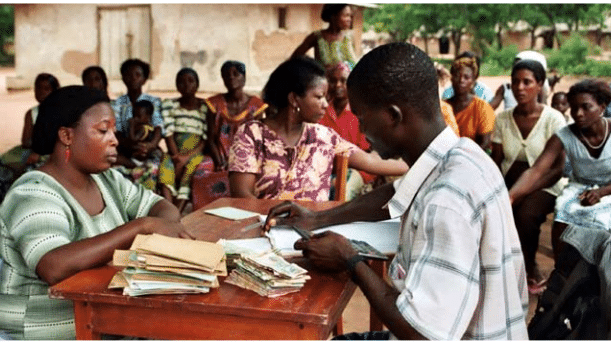Payment by results is a relatively new way of giving development aid, where a recipient’s performance against pre‐agreed measures determines the amount of aid they receive. Advocates for the mechanism argue it provides donors with both a ready justification for maintaining aid budgets and better results through innovation and autonomy. It has proved popular, with most bilateral aid donors having at least experimented with the mechanism and the variety of measures stretching from individual health workers being paid for each procedure, to national governments being paid for students’ test scores.
We have sought to understand Payment by results for a number of years with a variety of funding. The methods include quantitative impact evaluation of specific projects, qualitative research, economic theory and synthesis work.
Consultancy work includes:
ELVAR, 2019-2021 A multi-year consultancy with ITAD, providing quality assurance and limited expert input. Evaluation of Payment by Results (ELVAR) for DFID’s Core Funding to UN Development, UN Humanitarian, and Red Cross & Red Crescent Movement agencies. For more see ITAD
Evaluating Results-Based Financing, 2019-2020 A short consultancy for Mokoro providing quality assurance and limited expert input. The project is for World Bank Evaluating Results-Based Financing in the Education Sector: Country Level Analysis, and looks at three countries.
Review of Payment by Results in DFID: Establishing the Evidence Base, 2017 A four month consultancy conducting a semi-systematic review of evidence of Payment by Results in International Development, and an investigation of how PBR evidence has been used within DFID. With colleagues at UEA, including Maren Duvendack and Brendan Whitty.
Evaluation of Results Based Aid in the Education Sector, Ethiopia, 2016 A short consultancy (c.10 days) overseeing a review of previous evaluation work, which led to a discovery of several fundamental problems with the data used. This fed into the project completion review.
Evaluation of Results Based Aid in the Education Sector, Rwanda, 2013-15 This was an exciting three-year project for DFID Rwanda, evaluating the effect of results based aid in Rwanda’s education system. This is one of the first evaluations of results based aid (a form of ‘cash on delivery’ aid). Upper Quartile led the bid, and I worked with colleagues at UEA. (c. 100 days) Final Report
Conceptual Basis for Payment by Results in International Development, 2013-2014 For DFID UK, a review of the conceptual basis for Payment by Results. This examines theoretically and conceptually new aid modalities. It deals with the interaction between donor and recipient, and makes use of relevant behavioural insights. (c. 20 days). There are several relevant outputs:
- the main technical paper (co-authored with Arjan Verschoor),
- a summary describing 12 principles (co-authored with Stefan Dercon)
- a summary of the summary that was written entirely by Kirsty Newman.
Evaluating Development Impact Bonds, 2014 For DFID UK, a study on Development Impact Bonds (DIBs). The first half of the report looks at their conceptual nature, using economic theory and related evidence (e.g. Social Impact Bonds, which have a longer history). The second half of the report looks at how they can be evaluated. Joint with Roger Drew. (30 days.)








